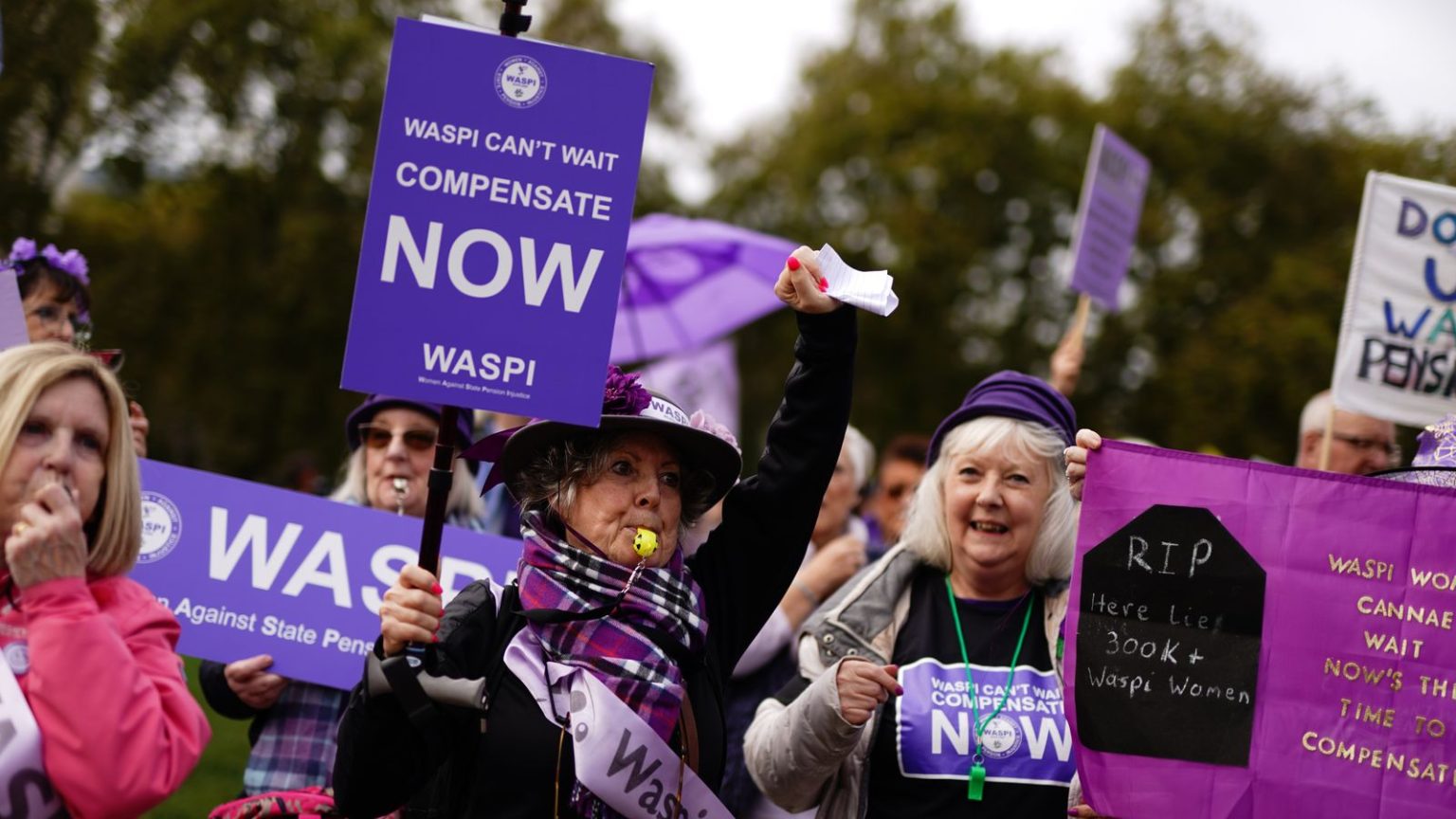The WASPI Campaign: A Fight for Pension Justice
Introduction
The Women Against State Pension Inequality (WASPI) campaign has emerged as a significant movement in the UK, advocating for justice for women born in the 1950s who faced unexpected changes in their state pension age. These women experienced a rise in the retirement age from 60 to 66, implemented more rapidly than initially planned, leading to financial challenges. The campaign seeks recognition and compensation for the lack of adequate notification, which affected millions of women.
The Government’s Refusal to Compensate
In December, the UK government decided against compensating the affected women, despite a watchdog’s recommendation. The estimated cost of the compensation package was £10.5 billion, which Sir Keir Starmer argued taxpayers couldn’t afford. This decision has been met with frustration and determination from the WASPI campaigners, who feel their plight has been overlooked.
The Legal Threat: WASPI Takes Action
The WASPI campaign escalated their efforts by sending a "letter before action" to the Department for Work and Pensions, signaling potential High Court proceedings. Angela Madden, the campaign’s chair, criticized the government for "gaslighting" the victims and denying them justice. The group has launched a £75,000 crowdfunding campaign to fund legal action, emphasizing their confidence in the legal system and urging the government to reconsider their stance.
Historical Context: The Pension Changes
The pension age increase was initially planned for a 10-year phase-in starting in 2010. However, under the Conservative-Liberal Democrat coalition, the timeline was accelerated in 2011, raising the age to 65 by 2018 and 66 by 2020. This change affected approximately 3.6 million women, many of whom claim they were not adequately informed, leading to significant disruptions in their financial planning and retirement expectations.
The Government’s Defense
The UK government acknowledges some maladministration but argues that the majority of affected women were aware of the changes by 2006. They contend that earlier notifications would not have altered this awareness and thus cannot justify the £10.5 billion compensation. However, this defense is seen as inadequate by campaigners, who point to the severe impact on their lives.
The Path Forward: Seeking Justice
The WASPI campaign continues to advocate for fairness, supported by crowdfunding and legal action. The outcome of this case could set a precedent for future policy changes and their communication. As the legal proceedings unfold, the campaign remains determined to secure justice for the women affected, highlighting the need for transparency and accountability in government decisions.















